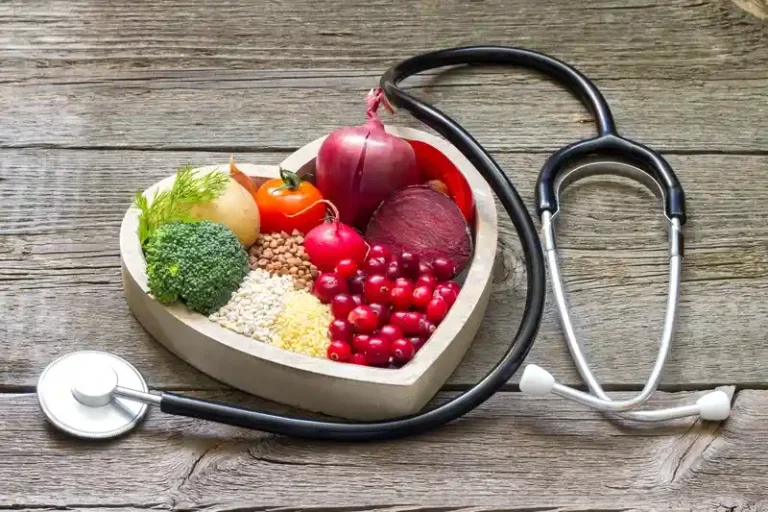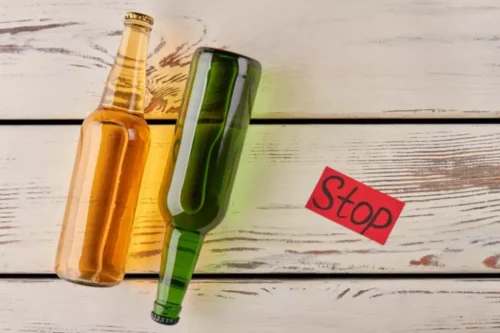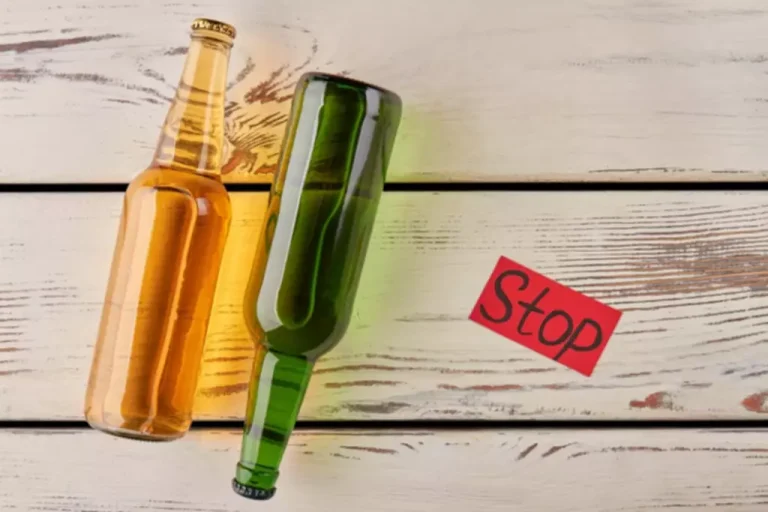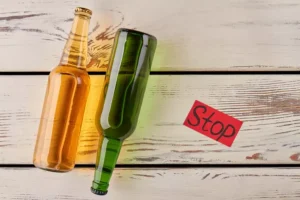
You can have this done at your GP surgery, some local pharmacies, at your NHS Health Check or you can buy a reliable blood pressure monitor from the pharmacist. Children, people age 65 and older, and people who are pregnant or breastfeeding should consult a provider before taking Benadryl. When taking Benadryl, avoid using other products containing diphenhydramine as well, as it can be life-threatening. Always check the product label before taking medications along with Benadryl or any other product containing Benadryl’s active ingredient diphenhydramine. Blood pressure medicines work best when you take them every day, even Alcoholics Anonymous if you feel fine. It takes more than one test for doctors to know if you have high blood pressure.
Interactions Between Alcohol and Prescription Stimulants
To better understand how alcohol consumption affects the cardiovascular system in the long-term, it is necessary to focus on individual variations in BP. High blood pressure, also known as hypertension, is a condition where the force of the blood against the artery walls is consistently too high. This increased pressure can strain the heart and blood vessels, leading to serious health issues such as heart attack, stroke, and kidney disease. Often called the “silent killer,” high blood pressure typically shows no symptoms until a severe event occurs, making regular blood pressure readings crucial for early detection.

Know Your Kidneys – Identify and reach your kidney health goals.

With Sober October, Dry January, and the increasing availability of alcohol-free spirits, many people are taking breaks from drinking to boost their physical and mental health. Drinking alcohol increases blood pressure and repeated drinking causes sustained high blood pressure. Possible Blood Pressure SpikeFollowing heavy consumption, individuals might notice an uptick in heart rate and BP. This effect can be more pronounced the morning after, when the body is in withdrawal from alcohol, potentially accompanied by anxiety, sweating, and restlessness. For those with pre-existing hypertension, this compounding effect could be dangerous. Kimberly Goad is a New York-based journalist who has covered health for some of the nation’s top consumer publications.
- Drinking too much alcohol can cause a sudden drop in blood pressure, leading to dizziness, fainting, and even shock.
- Whether you choose wine, beer, or spirits, the quantity of alcohol consumed matters more than the type.
- If you have atrial fibrillation, the normal cycle of electrical impulses in your heart is interrupted.
- Test out having a break for yourself and see what positive results you notice.
How does alcohol affect blood pressure?

Resistant hypertension (RH) is when your blood pressure is higher than your target goal, even though you’re taking three types of blood pressure medicine, including a water pill, at the highest doses. People who need four or more medicines to control their blood pressure also have RH. If you have RH, your doctor will refer you to a hypertension specialist, such as a kidney doctor (nephrologist). Since people with RH are at risk for other serious health problems, including stroke, heart attack, and even death, it’s important to take your medicine as prescribed.
This article will use the terms “female” and “male” when discussing people assigned female or male at birth to reflect language that appears in source materials. Whether you choose wine, beer, or spirits, the quantity of alcohol consumed matters more than the type. If you want to cut down, a great way is to have several drink-free days a week.
If you have developed any complications of high blood pressure or alcohol intake, your doctor can also help you manage them as well. For example, some people who intake a large amount of alcohol may not show signs of high blood pressure. On the other hand, even people who do not drink can develop high blood pressure for other reasons. However, even people who do not drink regularly have a risk of experiencing negative effects from alcohol. In some cases, moderate to high levels of alcohol may cause blood pressure to rise.
If left unaddressed, high blood pressure (hypertension) escalates the risk of heart disease, stroke, kidney problems, and other serious conditions. Studies have shown that a good percentage of people who drink alcohol also smoke, which can raise blood pressure as well. Some older studies suggested that red wine might be good for heart health. It may affect the level of the medicine in the body or cause more side effects. If you already have high blood pressure, your doctor may have advised you to drink alcohol in moderation and cut back on your overall alcohol intake.
Full text links
Further evidence is needed to elucidate how the management of non-dipping patterns affects clinical outcomes. For alcohol drinkers, even those with well-controlled clinic BP and 24-hour ambulatory BP, it is important to be aware that nighttime hypertension may persist. In contrast, Table 4 shows that there was no decrease in the antihypertensive effect in drinkers over the 4–8-week period; in particular, drinkers appeared to have a greater antihypertensive effect on their daytime systolic BP. A dipper is defined as a 10% or more decline in nighttime BP compared with daytime BP. Therefore, if the daytime BP is low, it will not be a dipper, even if there is no nighttime hypertension. There have been several reports on the association between alcohol consumption and diurnal BP changes, which are introduced below.
- If left unaddressed, high blood pressure (hypertension) escalates the risk of heart disease, stroke, kidney problems, and other serious conditions.
- By Ayesha Gulzar, PharmDAyesha Gulzar is a clinical pharmacist interested in medical research, pharmacy practice, and medication therapy management.
- However, various other factors, such as aging, smoking, obesity, and arteriolar sclerosis, affect the degree of sustained rise in BP.
- Factors such as age, mental health, existing medical conditions and drug use can affect the impact of alcohol on an individual.
- Drinking more than three drinks in one day or heavy alcohol use over time significantly raises blood pressure alcohol levels.
Working with your cardiologist and focusing on your lifestyle – like the foods you eat, exercising, and avoiding alcohol – are key, Goldberg says. “This complex interplay leads to elevated blood pressure and subsequent hypertension,” Ramnauth said. However, “since everyone has different physiology, many people may react to the same amount of alcohol in diverse ways,” bp alcohol he added. Always ask your healthcare provider what not to take with Benadryl before taking this medicine. Benadryl is a commonly used medicine for allergies that is available over the counter and with a prescription. Taking alcohol with Benadryl can increase the sedating effect and drowsiness and even lead to the danger of overdosing.